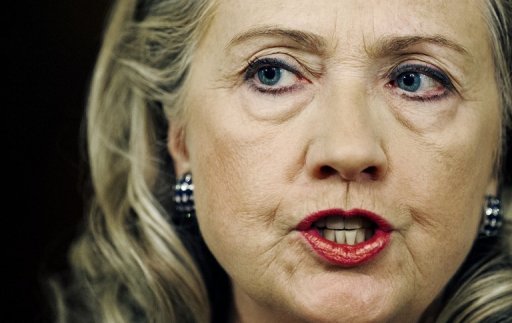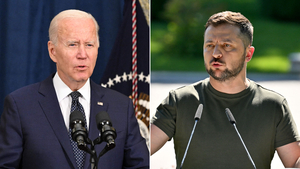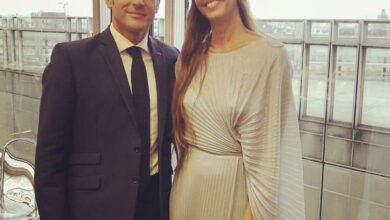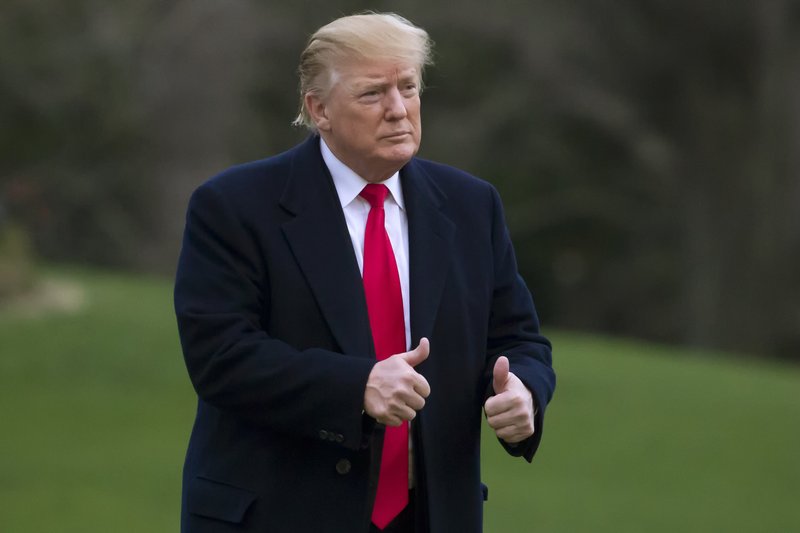
Dozens of emails sent or received by Hillary Clinton during her time as secretary of state, from the 3,500 already made public, have been classified as "confidential," the State Department said Monday.
In the midst of a persistent scandal that has shaken the Clinton 2016 presidential campaign, television broadcaster Fox News reported there are now more than 300 Clinton emails dating from 2009 to 2013 that potentially contain classified information.
State Department spokesman John Kirby told reporters that of the emails released by the agency since early 2015, 63 of them have been "upgraded in some form" since they were turned over by Clinton.
"Most of these are at a very low level, what we call confidential," he added.
Kirby also acknowledged that many of the emails relabeled as classified with sensitive information will continue to grow as Clinton's work-related mails are carefully scrutinized by officials.
"I have no doubt that as we continue to release these emails over time, you'll see additional upgraded correspondence," Kirby said.
The Intelligence Community Inspector General is among those overseeing the reclassification effort, which Kirby said reflects "the proper care and scrutiny being applied to this."
Fox News, citing an official familiar with the investigation, said 305 emails have been flagged for "potentially" classified data.
Kirby acknowledged that those emails were provided to intelligence services to assess the contents.
"It doesn't mean that all 300 are going to end up at some level of upgrade. I suspect some will and I suspect some won't," he said.
"We just have to let the process work its way out."
Clinton sent or received a total of 62,320 emails during her four years as top diplomat on a private email account connected to a private server, instead of through a federal government account.
She provided 30,490 official emails to the State Department, while declaring the remaining 31,830 to be personal records.
The entirety of Clinton's official correspondence, minus information redacted by the State Department or intelligence agencies, is scheduled to be released by next January.
In late July, Clinton said she was "confident" that she "never sent or received any information that was classified at the time."
Meanwhile, Senate Judiciary Committee Chairman Chuck Grassley wrote Clinton attorney David Kendall demanding an explanation for how he secured thumb drives containing backup copies of Clinton's emails.
Grassley asked whether such precautions were sufficient and whether Kendall had the appropriate security clearance to handle top-secret or sensitive information.




